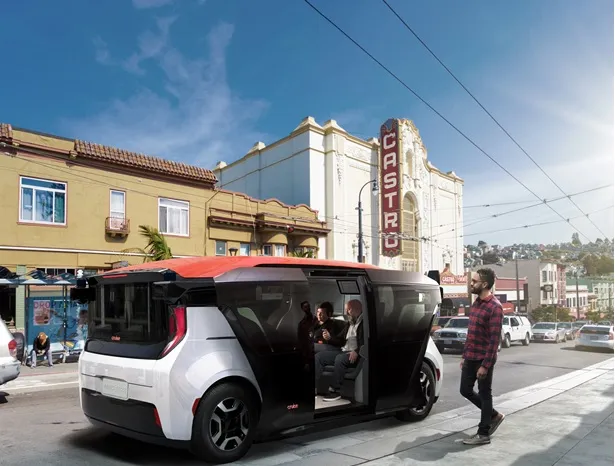The US Consumer Watchdog has called on the National Highway Traffic Safety Administration (NHTSA) to require a steering wheel, brake and accelerator so a human driver can take control of a self-driving robot car when necessary in the guidelines it is developing on automated vehicle technology.
In comments for a NHTSA public meeting about automated vehicle technology, John M. Simpson, Consumer Watchdog's privacy project director, also listed ten questions he said the agency must ask Google about its self-
April 11, 2016
Read time: 2 mins
The US Consumer Watchdog has called on the 834 National Highway Traffic Safety Administration (NHTSA) to require a steering wheel, brake and accelerator so a human driver can take control of a self-driving robot car when necessary in the guidelines it is developing on automated vehicle technology.
In comments for a NHTSA public meeting about automated vehicle technology, John M. Simpson, Consumer Watchdog's privacy project director, also listed ten questions he said the agency must ask Google about its self-driving robot car program.
These include, amongst others: whether Google will agree to publish its software algorithms, including how the company's artificial car intelligence will be programmed to decide what happens in the event of a potential collision; whether Google will publish a complete list of real-life situations, such as police hand signals, the cars cannot yet understand and how it intends to deal with them; how Google will prove that self-driving cars are safer than today's vehicles; does Google have the technology to prevent malicious hackers from seizing control of a driverless vehicle or any of its systems.
"Deploying a vehicle today without a steering wheel, brake, accelerator and a human driver capable of intervening when something goes wrong is not merely foolhardy. It is dangerous," said Simpson. "NHTSA's autonomous vehicle guidelines must reflect this fact."
In comments for a NHTSA public meeting about automated vehicle technology, John M. Simpson, Consumer Watchdog's privacy project director, also listed ten questions he said the agency must ask Google about its self-driving robot car program.
These include, amongst others: whether Google will agree to publish its software algorithms, including how the company's artificial car intelligence will be programmed to decide what happens in the event of a potential collision; whether Google will publish a complete list of real-life situations, such as police hand signals, the cars cannot yet understand and how it intends to deal with them; how Google will prove that self-driving cars are safer than today's vehicles; does Google have the technology to prevent malicious hackers from seizing control of a driverless vehicle or any of its systems.
"Deploying a vehicle today without a steering wheel, brake, accelerator and a human driver capable of intervening when something goes wrong is not merely foolhardy. It is dangerous," said Simpson. "NHTSA's autonomous vehicle guidelines must reflect this fact."










